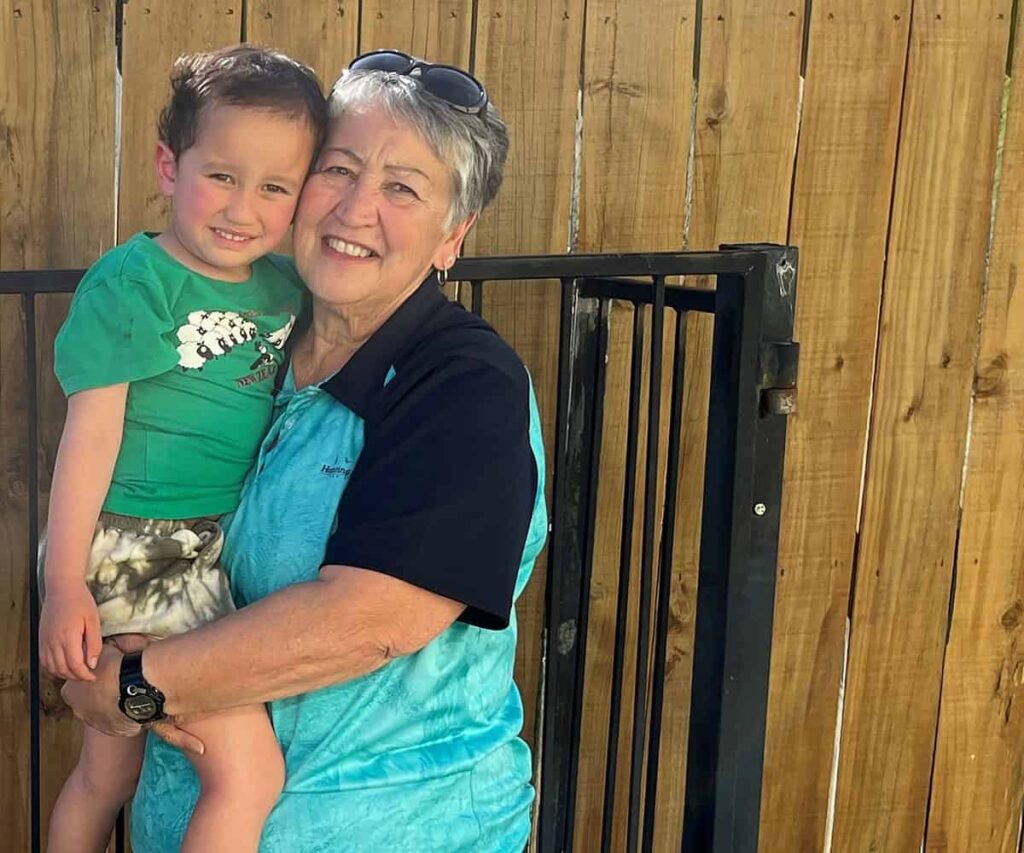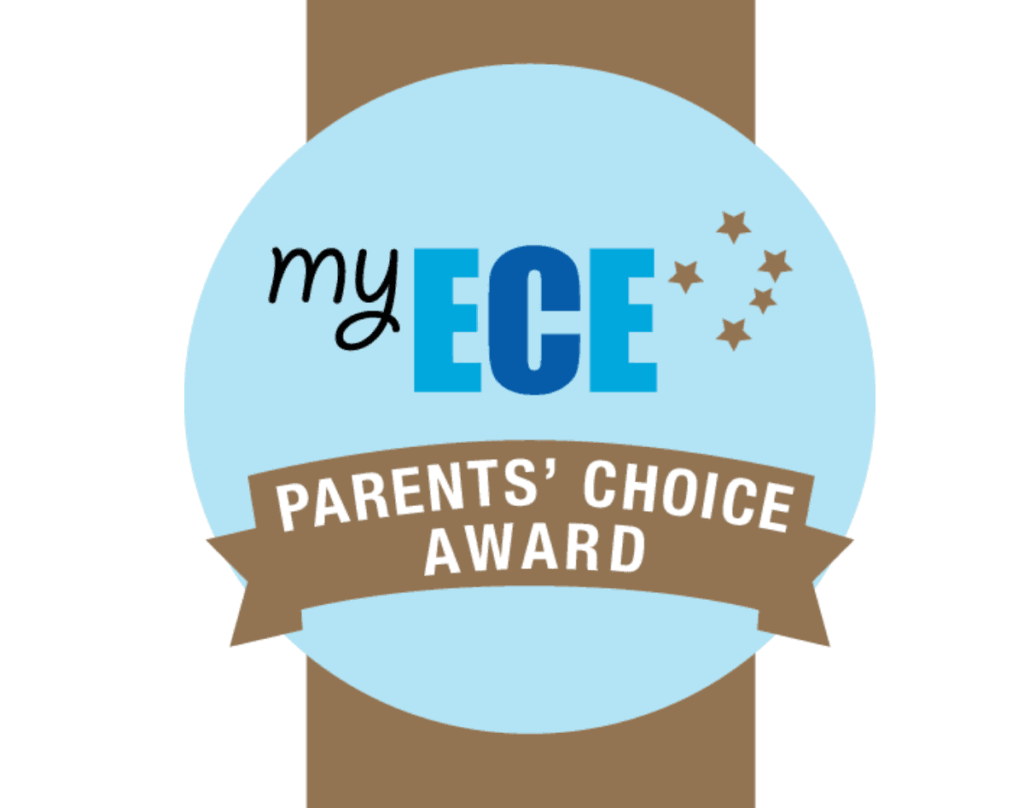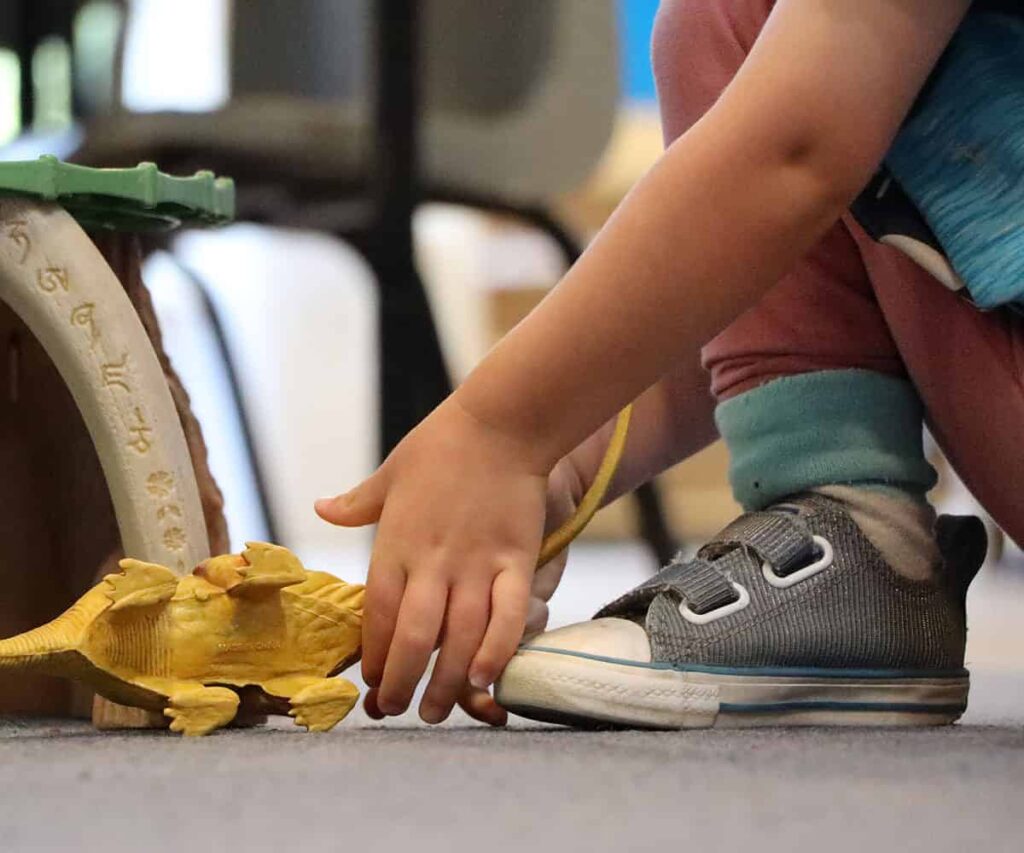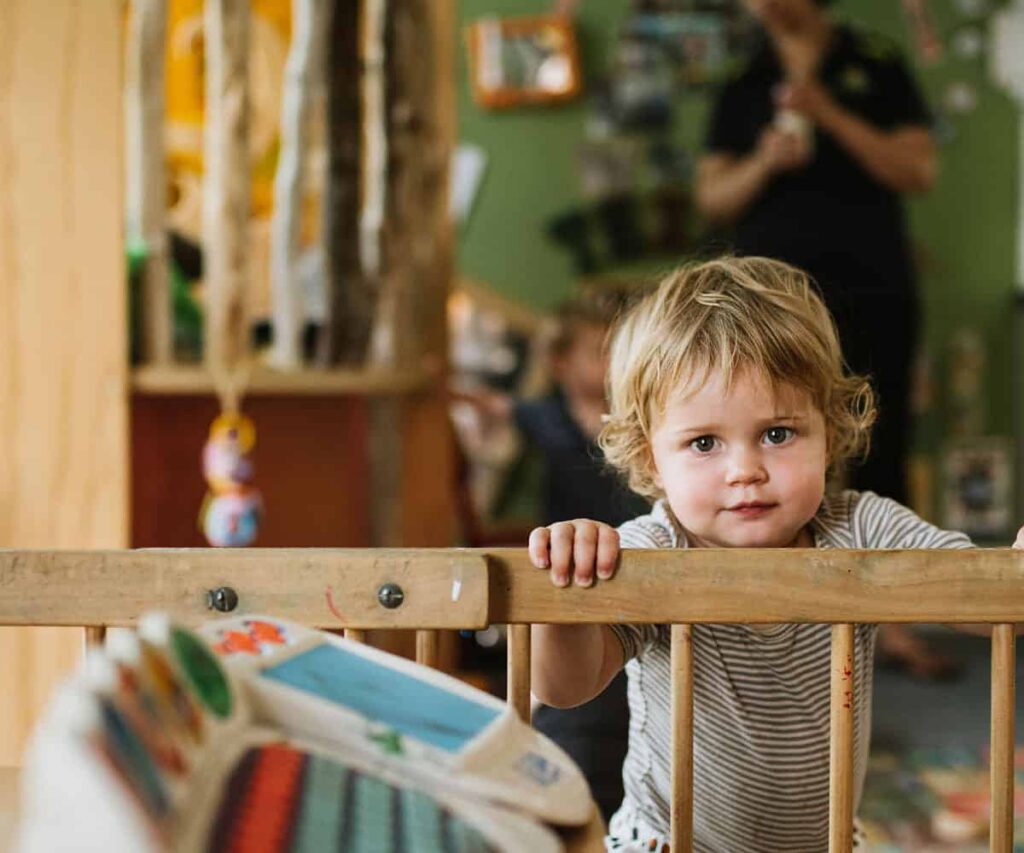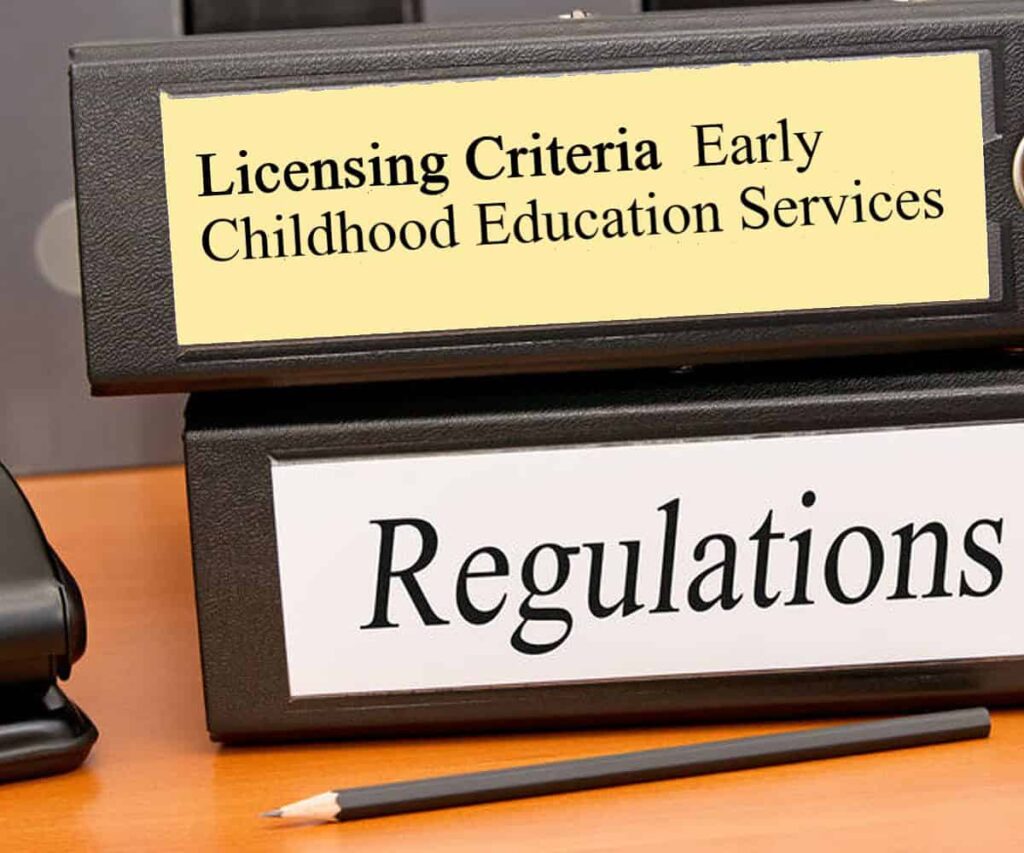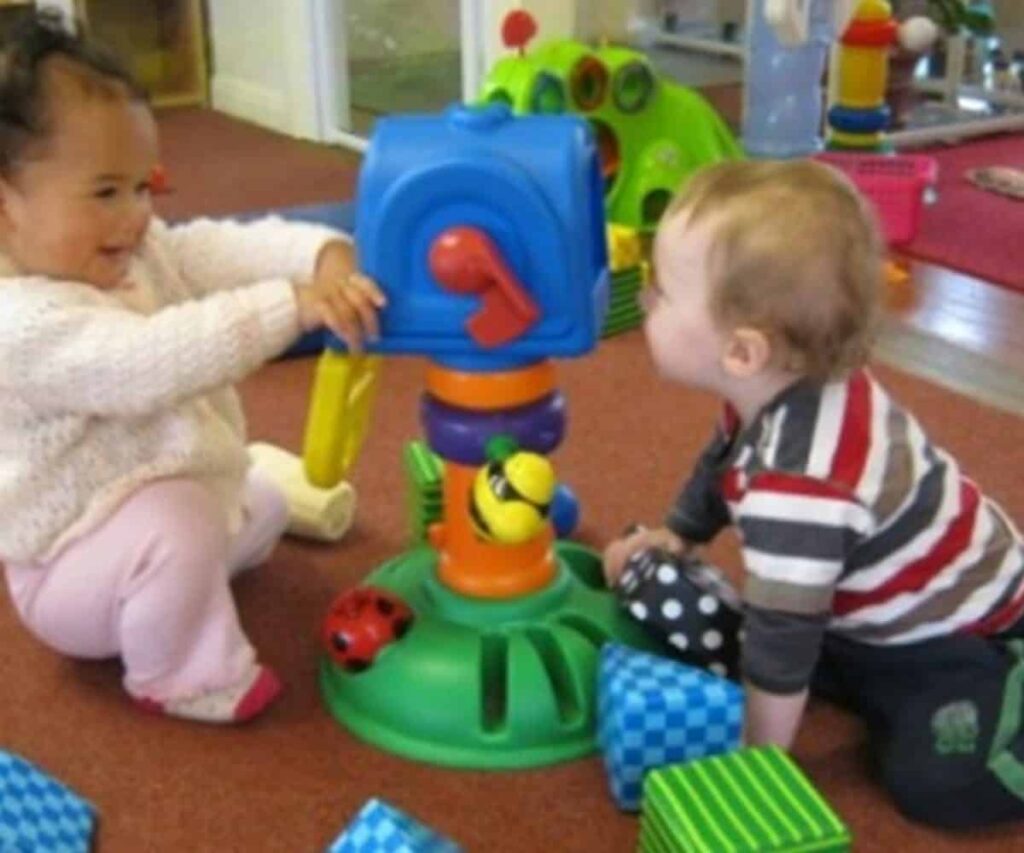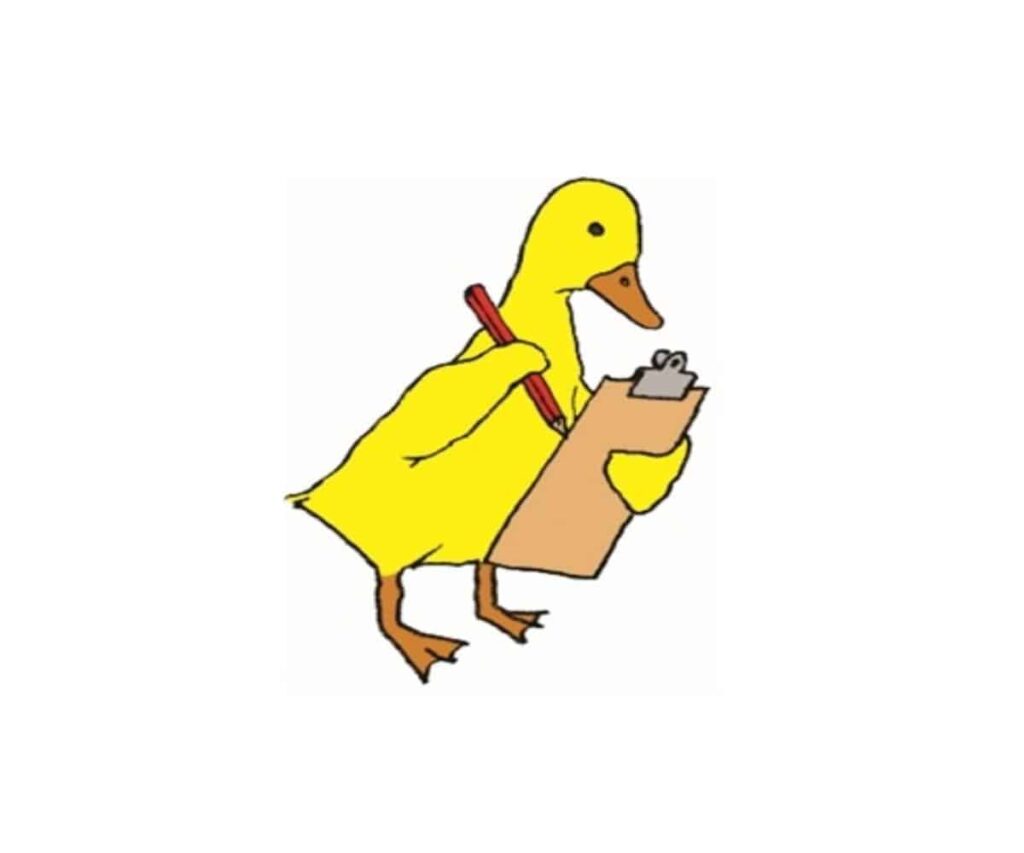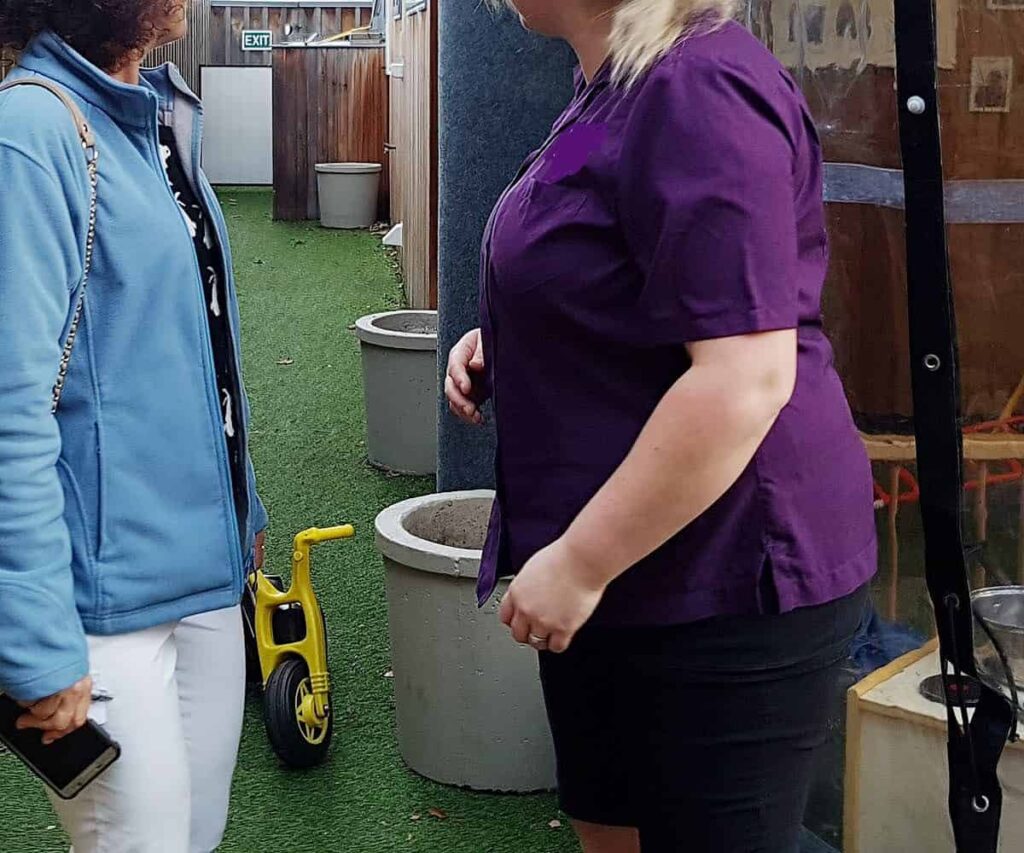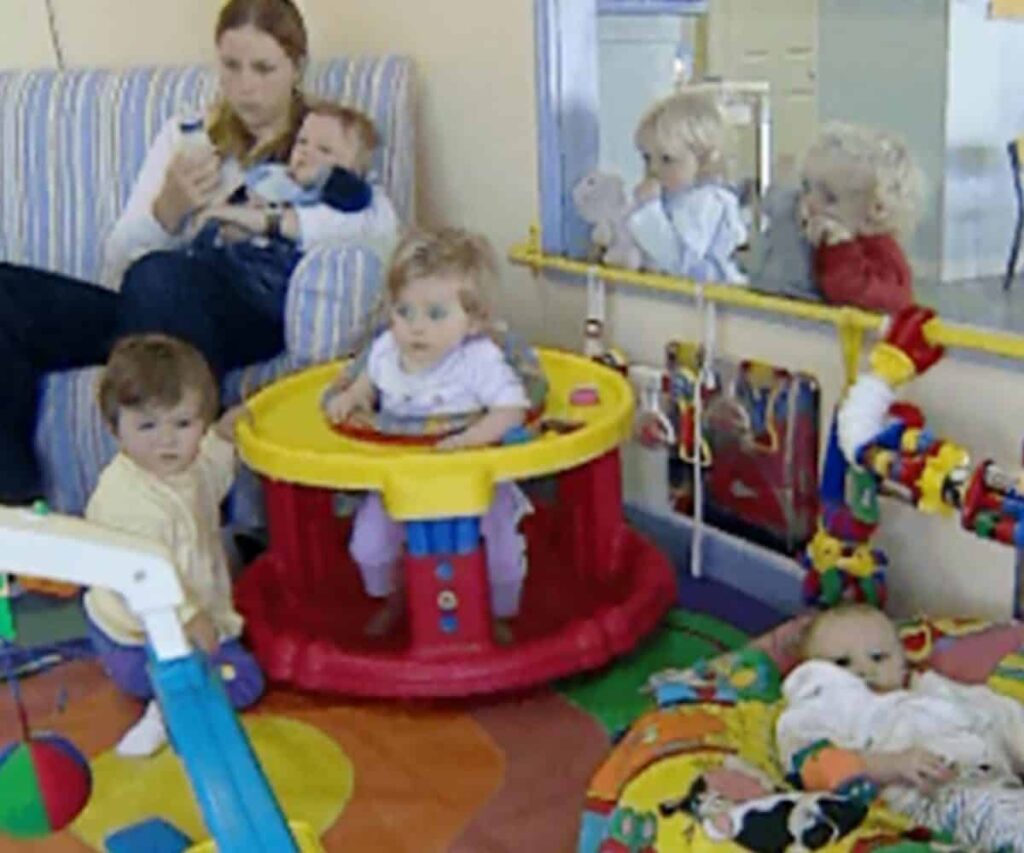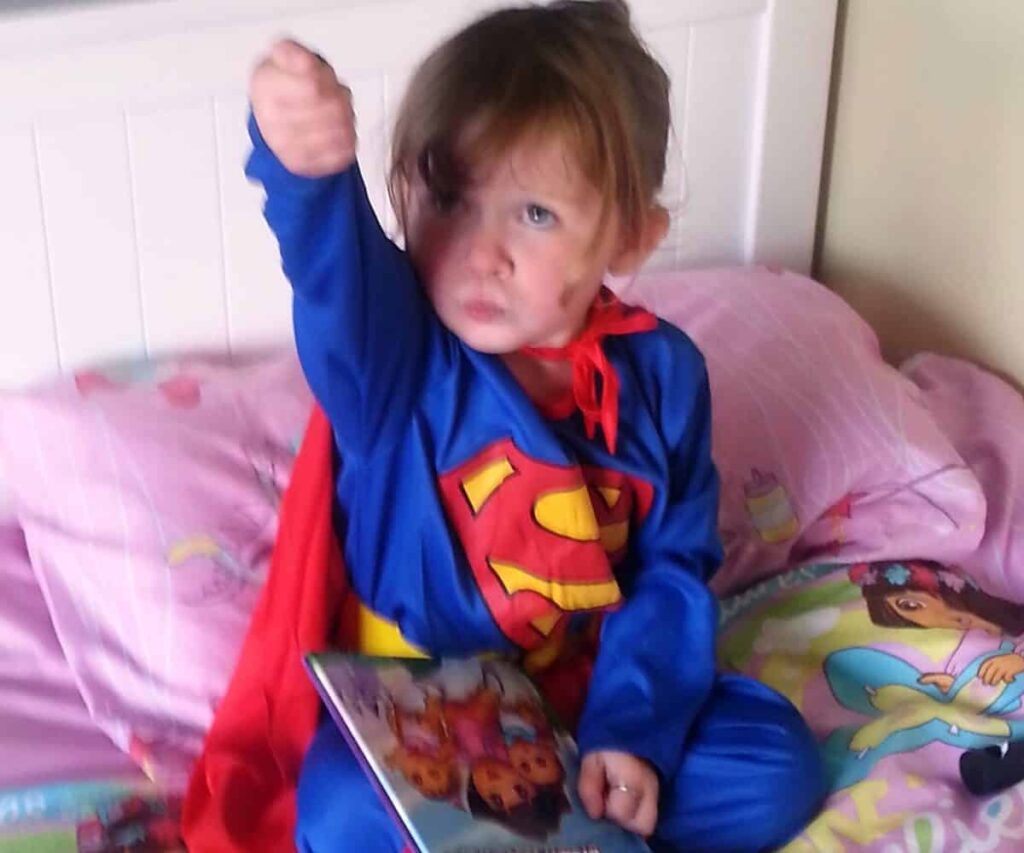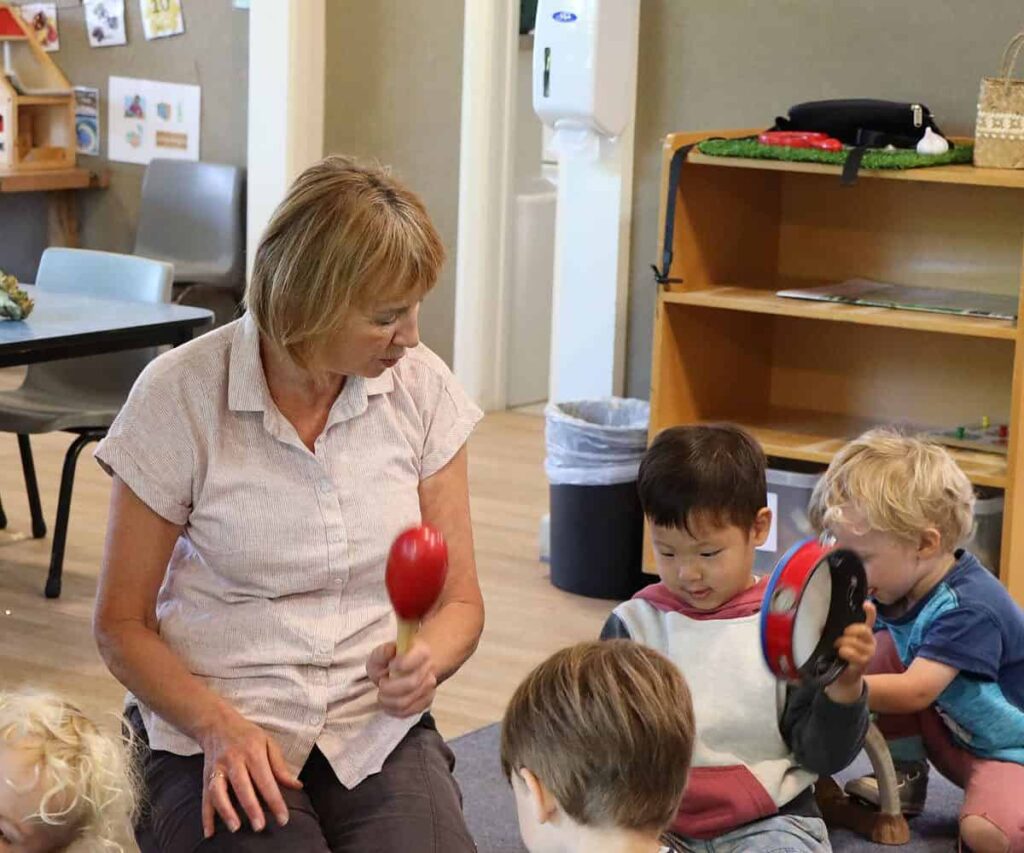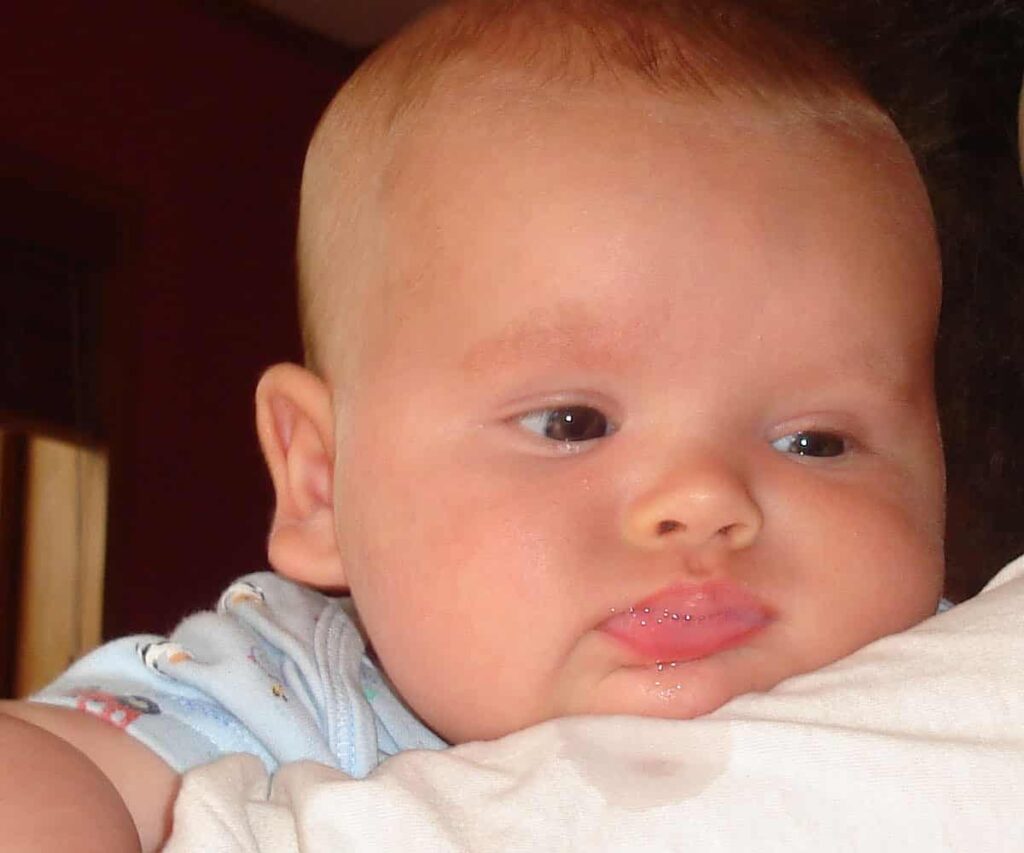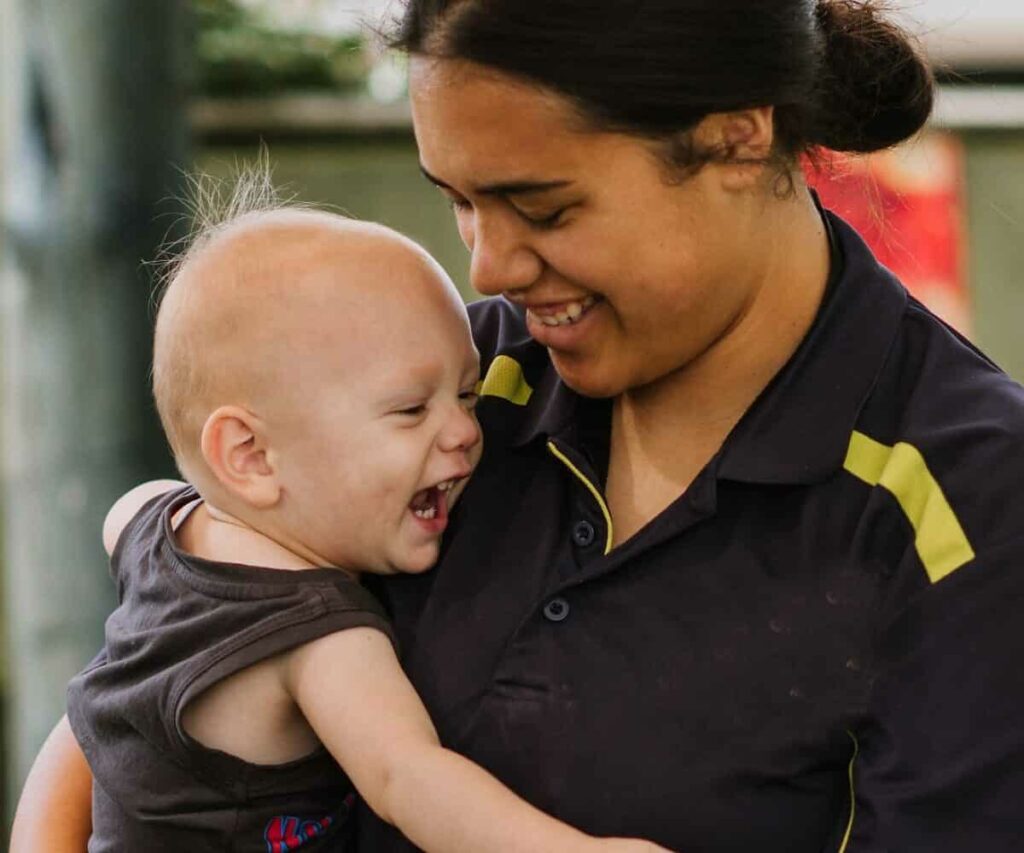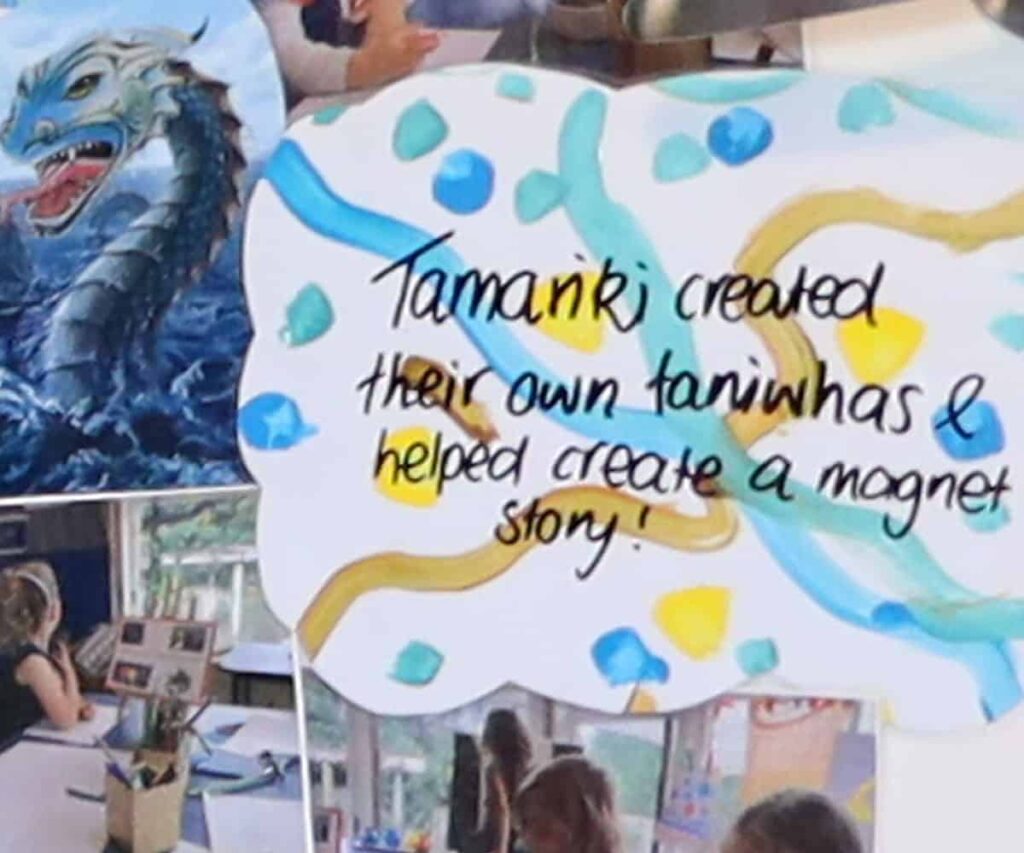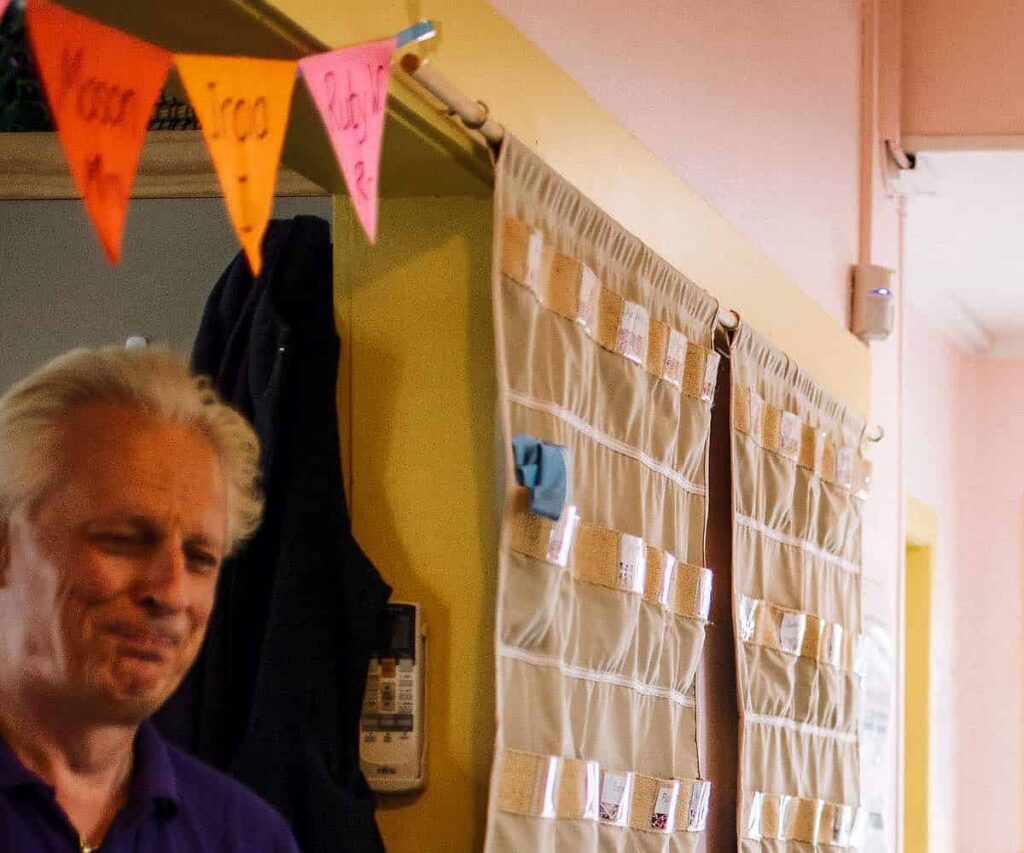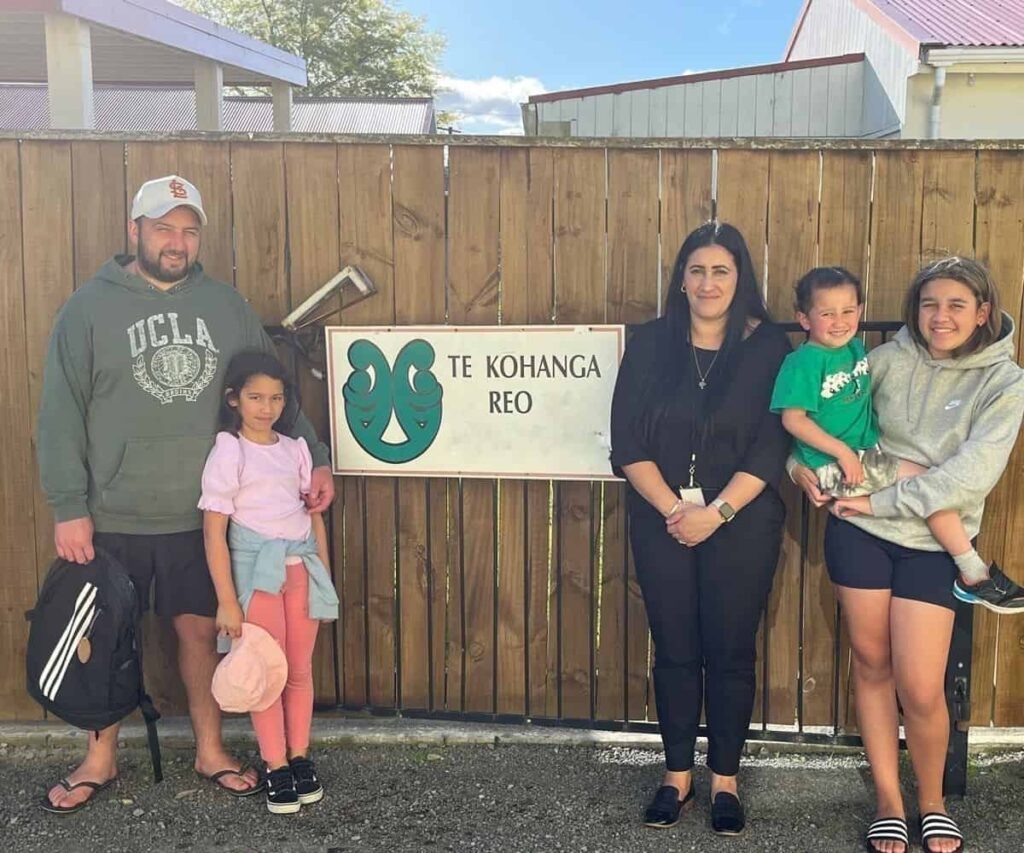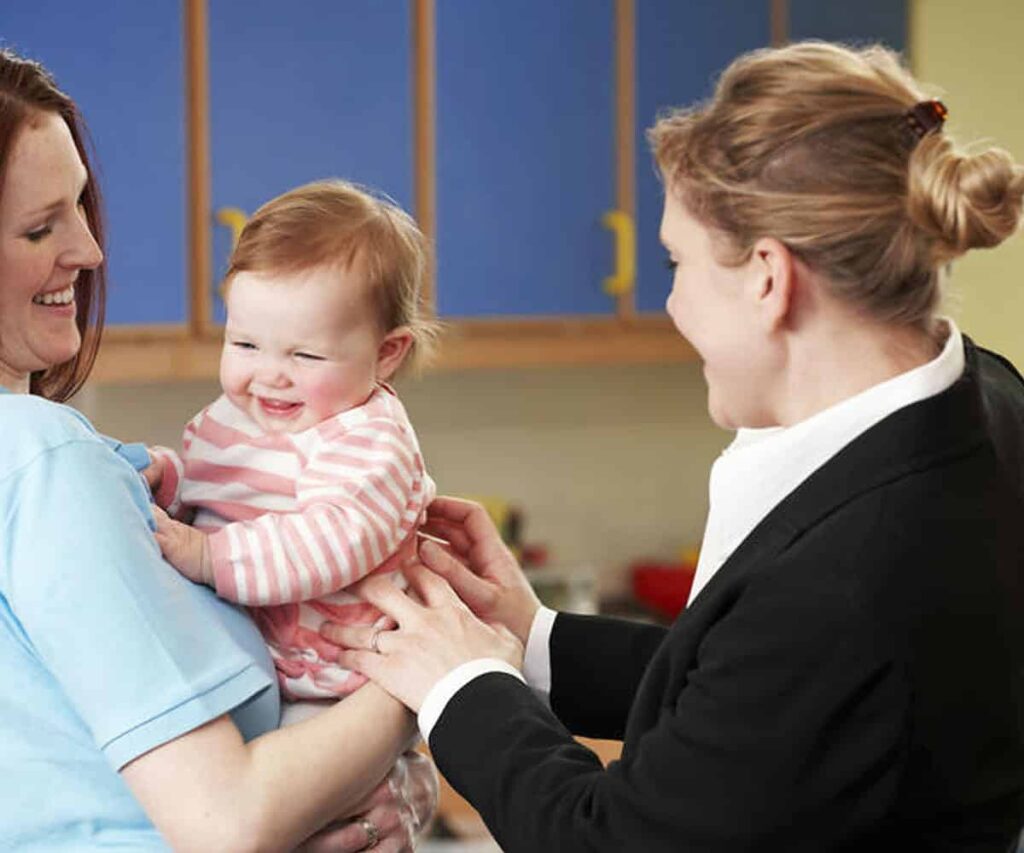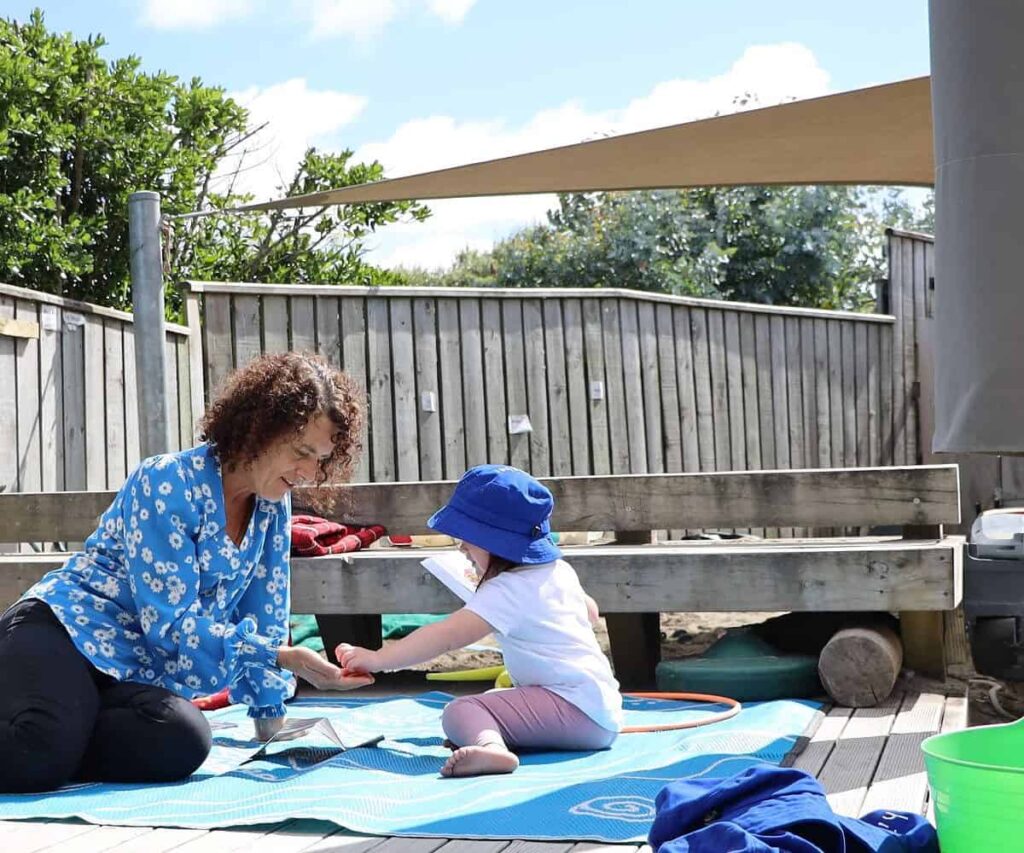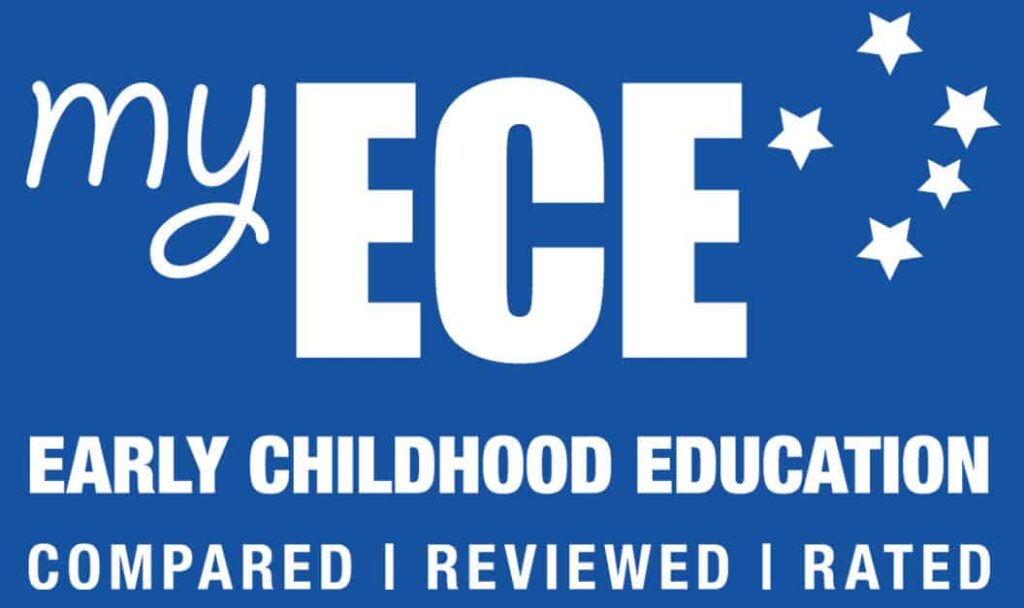Is anything changing on 20 Hours ECE and how much is 20-Hours ECE costing parents?
January 24, 2024
We are interested in your views. Please add your comments below.
Early childhood services find ways to get fee revenue from children on 20-Hours ECE. This has meant that many parents cannot access genuinely free education for their child and has pushed childcare bills up higher and higher.
Yet an important condition of 20-Hours ECE funding is that no ECE service can charge fees for those hours.
Treasury warned the government last year that if funding for 20-Hours ECE was increased without tightening the rules around fee charging, services may use the increase to raise profits and not pass-on new funding dollar for dollar to parents.
Unfortunately for families, the new National-led government has decided not to implement conditions designed by the Ministry of Education to stop services from charging fees for 20-Hours ECE.
All ECE services that opt-in to the 20-Hour ECE scheme would have been required to allow parents to enrol only in 20 hours, make their fee schedule publicly available, set any fees by the hour (as opposed to daily or weekly), and show 20-Hours ECE hours as $0 per hour on invoices sent to parents.
This year’s 4.6% increase in funding rates for 20 Hours ECE paid to services is likely to be the last major increase for a long time. The groups who lobbied against conditions will have only themselves to blame when funding does not keep up with the real costs of providing ECE.
The government’s planned FamilyBoost policy when or if implemented may help to relieve the financial pressure on families a little, but then services will know that parents have more money in their pockets and so they can charge more.
One way that services get away with charging fees for 20-Hours ECE is to require children to be enrolled for more than the maximum of 6 hours a day, or 20 hours a week. The Ministry of Education does not set controls on what services can charge families outside of 20-Hours ECE.
The 20-Hour ECE funding is an add-on set of higher funding rates (for 3 to 5-year-olds) to the 30-hour subsidy that the Ministry of Education must by law pay to all services. Services that opt-in to the 20-Hour ECE scheme can still receive the remaining 10 hours of the 30-hour subsidy.
By setting a daily or weekly fee for children on 20-Hours ECE, and not providing an hourly fee rate services can mask their fees for 20-Hours ECE.
Fee charges for 20 Hours ECE can be disguised on invoices by bundling the free entitlement with other hours and not showing the hours claimed under 20-hours as $0.00.
For example, a Wellington preschool requires parents to enrol their child in a 7-hour day. It charges parents $66.00 per 7-hour day when 6 of these hours are covered by 20-Hours ECE funding. This is not an optional fee which parents with can choose to pay or not, but a fixed daily rate.
In 2013 a group of parents made a complaint to the Commerce Commission and the Commission was successful in prosecuting the centre for misleading parents about 20-Hours ECE funding.
The centre told parents that it was receiving significantly lower funding than it in fact received, and parents were asked to make up the supposed shortfall between the pre-school’s hourly charge and the subsidy received.
The District Court Judge said “one obvious motivation was to maximise an unlawful financial gain” and that the centre had “undermined the purpose of the ECE programme by making its services appear more expensive than they ought to have been.”
So, what can you as a parent do if you feel you are being ripped off?
You could vote with your feet and patronize a service that offers genuinely free ECE. Services operated by not-for-profit incorporated societies tend not to set fees that may relate to 20 Hours ECE. Services in poorer areas tend not to charge families to access their child’s 20-hour entitlement because they know they cannot afford to pay.
Should you believe your service is wrongly charging or is misleading on its charges, you have the right to make a formal complaint.
* Dr Sarah Alexander is the chief advisor to the Office of ECE.
